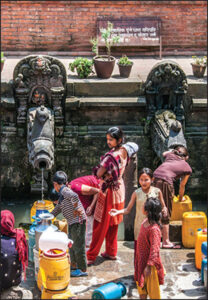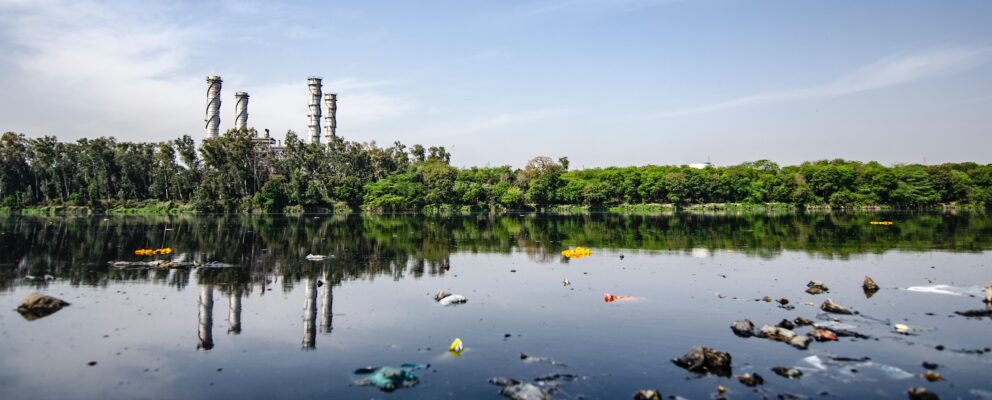Adapted from The Lancet press release on September 3, 2021; edited by Margaret Huffman.
In 2010, access to water and sanitation was recognized as a human right. Since then, studies related to water, sanitation and hygiene, and health (WASH) have provided essential research in an effort to solve this global problem.
A new, interdisciplinary Commission is collaborating to redefine WASH as a central pillar of public health and a pathway to gender equality and social and environmental justice. The work of the Commission will be informed by the latest evidence but will also be grounded in critical reflection on the evolution and priorities of this global sector.
The Commissioners are diverse across research disciplines, geography, and career stages, gender balanced, and are supported by a wider global network of scientists undertaking supporting research. Raymond Guiteras, associate professor in the Department of Agricultural and Resource Economics, is representing NC State University. Guiteras’ research focuses on how households in developing countries act to protect themselves from environmental health risks, in particular through investments and behaviors related to water, sanitation and hygiene.
 At the first Commission meeting, three priority areas for its work were agreed upon.
At the first Commission meeting, three priority areas for its work were agreed upon.
1. The Commission will make a clear argument for the necessity and urgency of achieving universal access to at least safely managed services.
2. The Commission will provide a more complete assessment of the potential benefits of achieving universal access to at least safely managed services, the costs of which will be immense.
3. The Commission will make concrete recommendations for reform focused on the establishment of national systems capable of delivering professionalized delivery of services for all, and responding to the challenges of today, including climate change and rapid urbanization.
